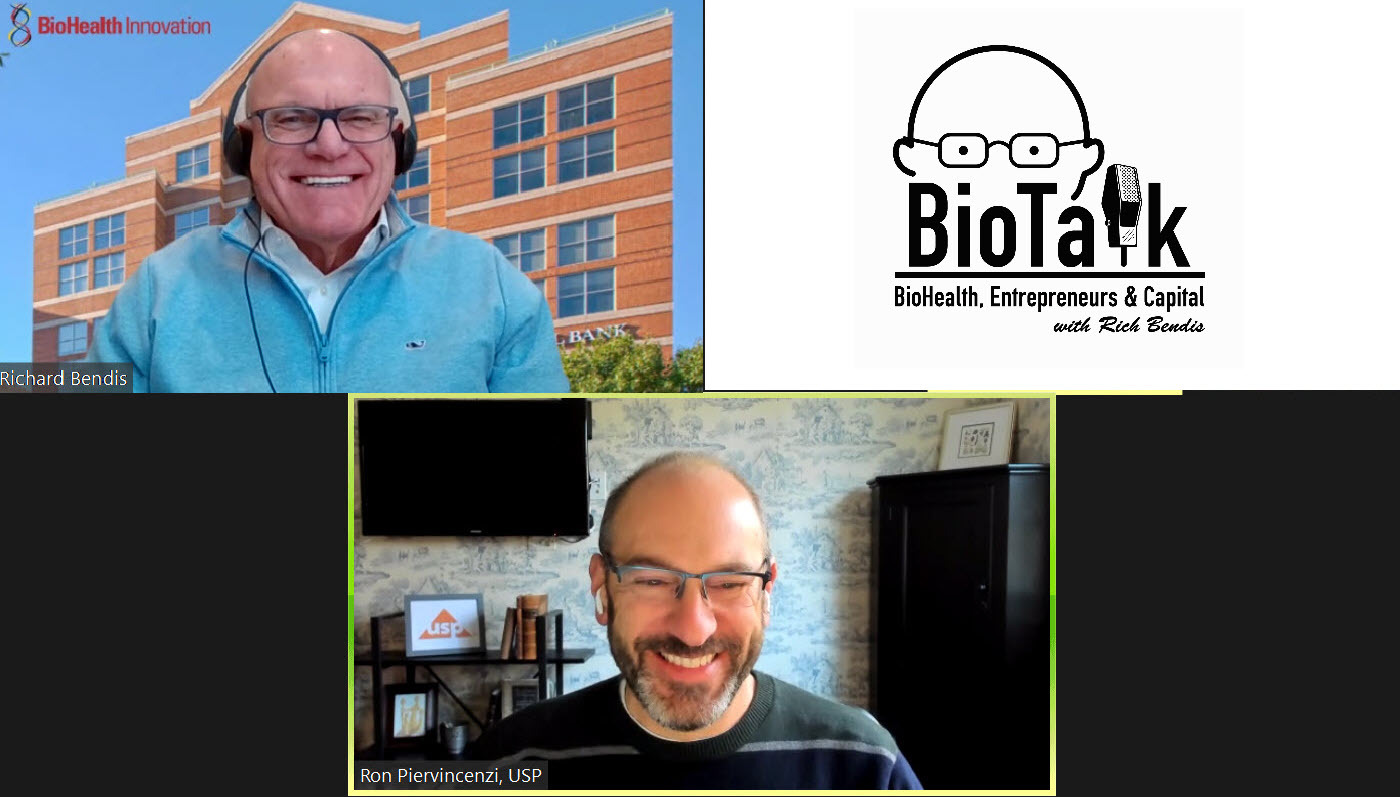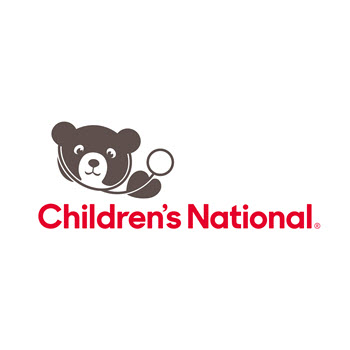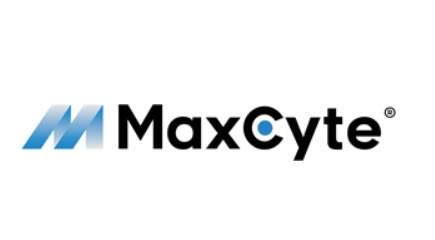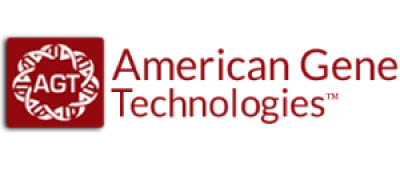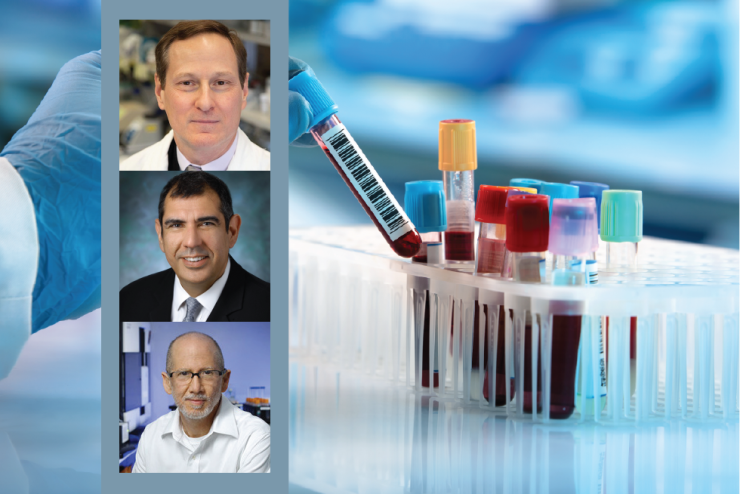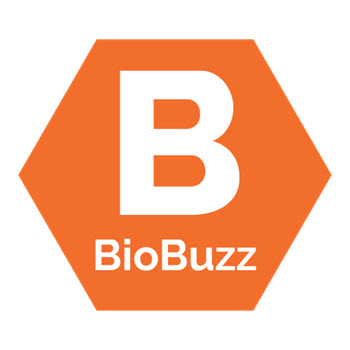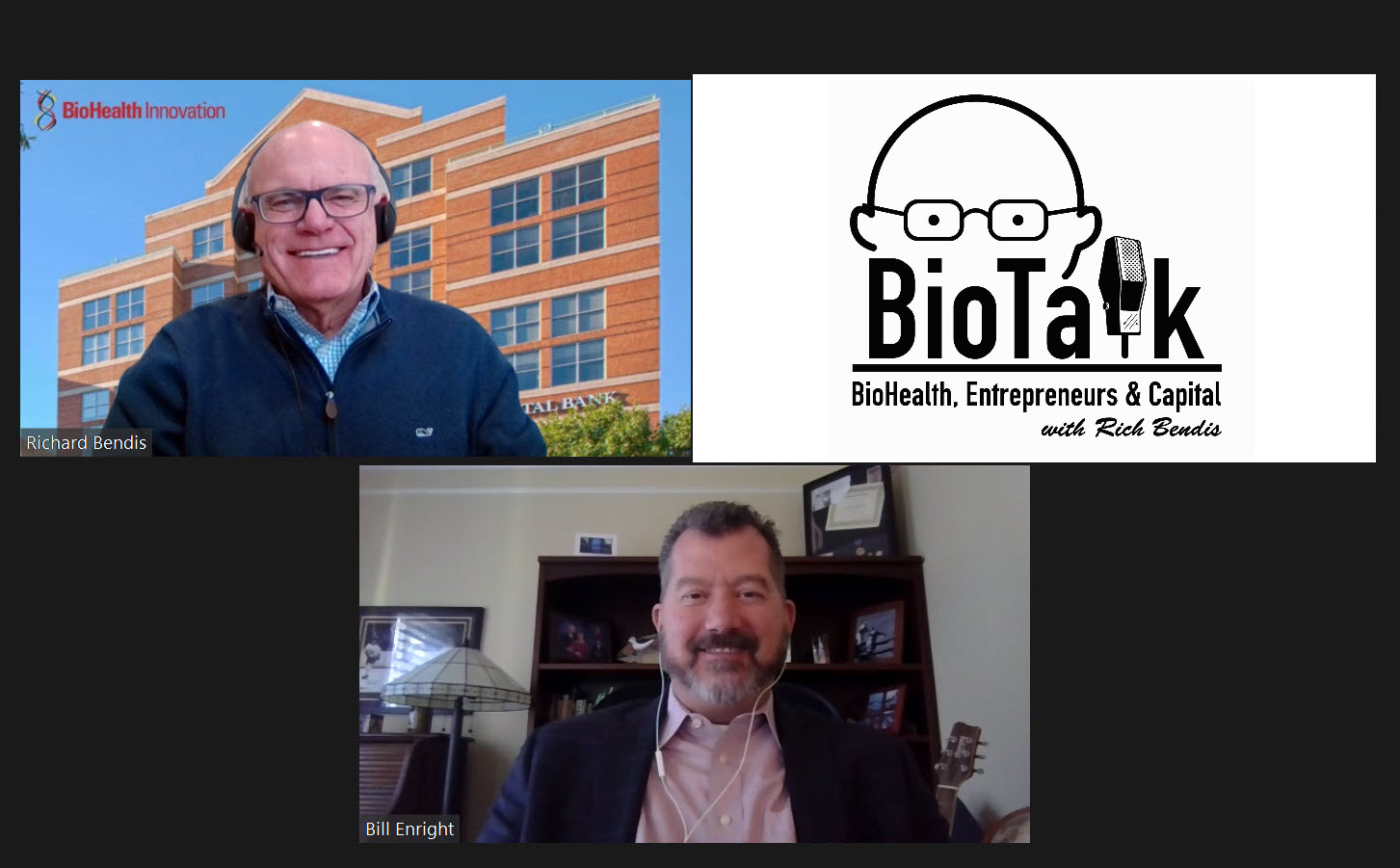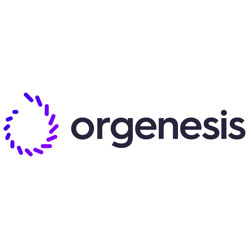Center will expand Orgenesis’ Point of Care (POCare) Platform Capabilities in Maryland GERMANTOWN, Md., Jan. 18, 2022 (GLOBE NEWSWIRE) — Orgenesis Inc. (NASDAQ: ORGS) (“Orgenesis” or the “Company”), a global biotech company working to unlock the full potential of cell and gene therapies, and The Johns Hopkins University, today announce the next phase of their collaboration. This new phase involves construction of a cell and gene therapy processing facility for point of care treatment of patients at Johns Hopkins which is planned to start in Q2 2022 and is expected to be operational in Q2 of 2023.
Construction of the new POCare Center, also known as the Maryland Center for Cell Therapy Manufacturing, has been funded in part by a $5 million grant from the State of Maryland. The new state-of-the-art 7,000-square-foot facility has been designed to meet U.S. Food and Drug Administration standards and provides Johns Hopkins clinicians and researchers with a more streamlined path to treat patients and take promising and novel treatments from the lab to patient trials. This path will enable local capacity for processing of clinical therapeutics at the point of care, rather than having to outsource clinical trial cell and gene therapy manufacturing to third parties.
In addition, the establishment of the new POCare Center will enable rapid scale up of additional processing capacity through connecting/servicing Orgenesis Mobile Processing Units and Labs (OMPULs). OMPULs shorten the implementation time of new capacity from 18-24 months to 3-6 months. Each POCare Center can service multiple OMPULS. The first OMPUL in Maryland is expected to deploy 2H of 2022.
Orgenesis currently plans to base 30 of their own employees on the site when it is completed. Orgenesis is already using lab space at FastForward, Johns Hopkins Technology Ventures’ (JHTV) innovation hub, as the acting POCare Center for the Mid-Atlantic Region.
“I’d like to congratulate Orgenesis as they begin building the company’s new Maryland Center for Cell Therapy Manufacturing on the Johns Hopkins University campus in Baltimore. The state is pleased to support this project with a $5 million grant to assist with construction,” said Maryland Governor Larry Hogan. “With the current demands on the healthcare industry, we are acutely aware of the need to continue to position Maryland in the forefront of biomedical advancements. This center will help develop innovative new therapies to improve the lives of patients for years to come.”
“Orgenesis continues to develop and extend key partnerships within its international POCare Network. These international partnerships are now experiencing significant investment and construction across the globe to build on the achievements within the Network, as illustrated by our expanded collaboration with Johns Hopkins,” said Vered Caplan, CEO, Orgenesis. “We are honored to work with Johns Hopkins, America’s first research university and home to nine world-class academic divisions working together in one university. The POC Center at Johns Hopkins will help propel the development of therapies targeting a range of conditions that directly affect the lives of millions of patients.”
About Orgenesis Orgenesis is a global biotech company working to unlock the full potential of cell and gene therapies (CGTs) in an affordable and accessible format at the point of care. The Orgenesis POCare Platform is comprised of three enabling components: a pipeline of licensed POCare Therapeutics that are processed and produced in closed, automated POCare Technology systems across a collaborative POCare Network. Orgenesis identifies promising new therapies and leverages its POCare Platform to provide a rapid, globally harmonized pathway for these therapies to reach and treat large numbers of patients at lowered costs through efficient, scalable, and decentralized production. The POCare Network brings together patients, doctors, industry partners, research institutes and hospitals worldwide to achieve harmonized, regulated clinical development and production of the therapies. www.orgenesis.com.
Notice Regarding Forward-Looking Statement This press release contains forward-looking statements which are made pursuant to the safe harbor provisions of Section 27A of the Securities Act of 1933, as amended, and Section 21E of the Securities and Exchange Act of 1934, as amended. These forward-looking statements involve substantial uncertainties and risks and are based upon our current expectations, estimates and projections and reflect our beliefs and assumptions based upon information available to us at the date of this release. We caution readers that forward-looking statements are predictions based on our current expectations about future events. These forward-looking statements are not guarantees of future performance and are subject to risks, uncertainties and assumptions that are difficult to predict. Our actual results, performance or achievements could differ materially from those expressed or implied by the forward-looking statements as a result of a number of factors, including, but not limited to, our reliance on, and our ability to grow, our point-of-care cell therapy platform, our ability to effectively use the net proceeds from the sale of Masthercell, our ability to achieve and maintain overall profitability, the sufficiency of working capital to realize our business plans, the development of our POCare strategy, our trans differentiation technology as therapeutic treatment for diabetes which could, if successful, be a cure for Type 1 Diabetes, the technology behind our in-licensed ATMPs not functioning as expected, our ability to retain key employees, our competitors developing better or cheaper alternatives to our products and the risks and uncertainties discussed under the heading “RISK FACTORS” in Item 1A of our Annual Report on Form 10-K for the fiscal year ended December 31, 2019, and in our other filings with the Securities and Exchange Commission. We undertake no obligation to revise or update any forward-looking statement for any reason.
IR contact for Orgenesis: Crescendo Communications, LLC Tel: 212-671-1021 Orgs@crescendo-ir.com
Media contact for Orgenesis: Image Box Communications Neil Hunter / Michelle Boxall Tel +44 (0)20 8943 4685
